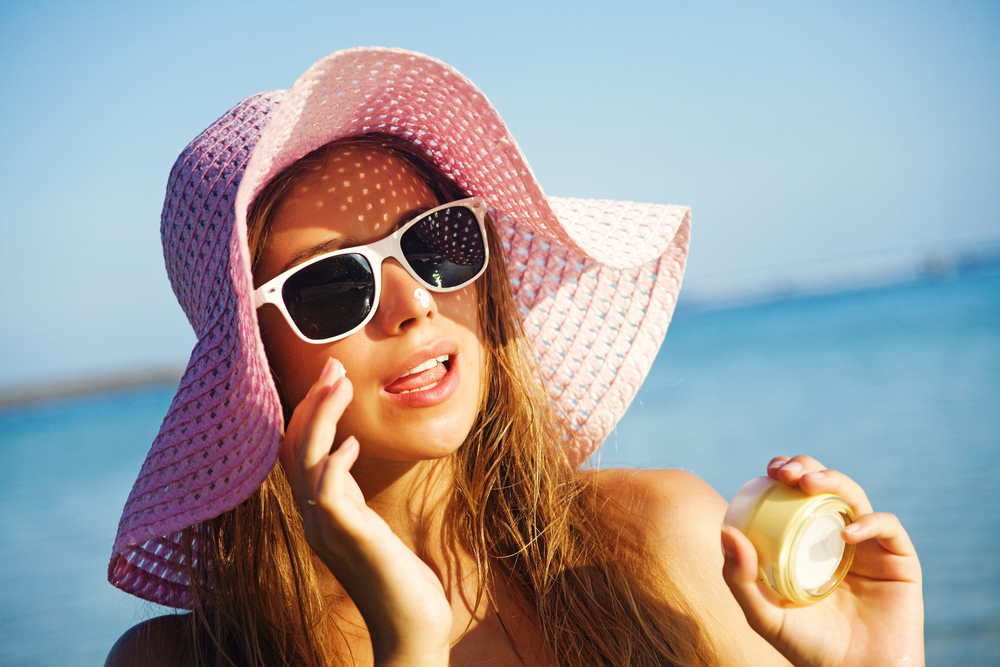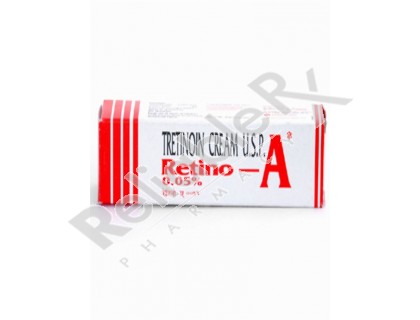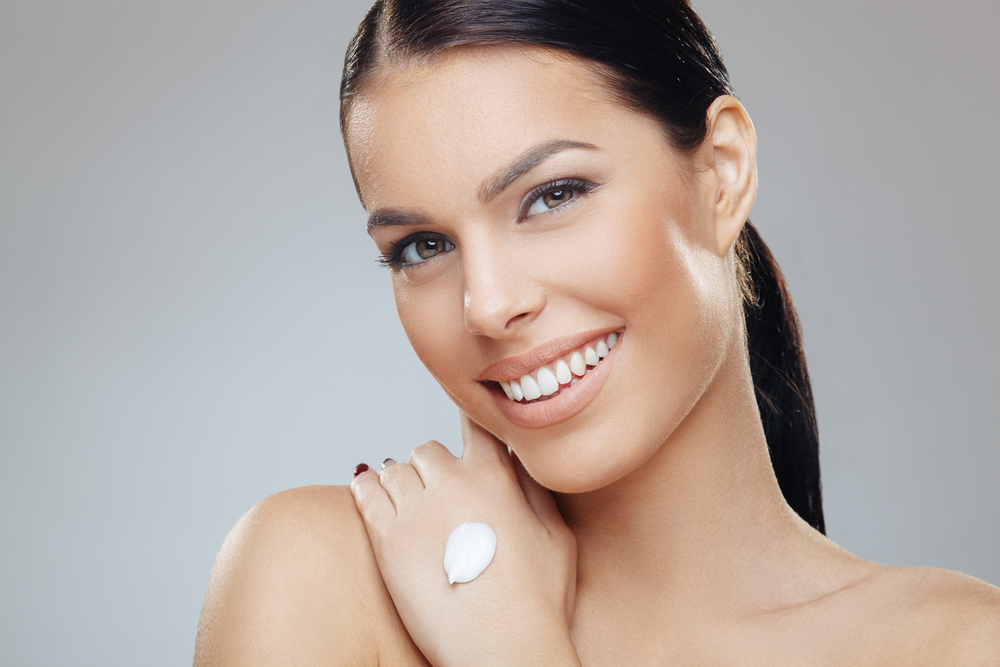Reduce the likelihood of developing skin cancer, or just aging skin, by making sure that you apply the best sunscreen for face and that too in the most appropriate way.
Things you need to know about applying sunscreen
Summer is a wonderful time where everyone is out and just enjoying the sun. Summer season is really one of the best seasons, but in conjunction with it comes a lot of skin problems such as sunburn, skin cancer, and the likes caused by extended exposure to the sun.

To steer clear of these skin problems, here is a compilation of some important do’s and don’ts guidelines for proper suncare and how to stay safe during the summer.
DO’S
Apply sunscreen SPF 15 or greater every day
Put on sunscreen to protect your body from harmful rays of the sun. A sunscreen for face prevents facial brown spots and discolourations, decreases the appearance of red veins on face and it also trims down the development of skin cancer.
Wear sunscreens rich in antioxidants
Natural antioxidants are a safe way to boost your natural immunity to the sun’s harmful rays. When combined with a sunscreen, they add an extra level of protection. Some well-known antioxidants are raspberry seed oil, astaxanthin, reishi mushrooms, and ferulic acid.
Buy sunscreens with zinc oxide
Mineral sunscreens containing zinc oxide and titanium oxide are considered safer as they don’t enter the skin and provide broad spectrum protection against UVA and UVB rays.
Also Read:Tips for skin care in summers
Reapply sunscreen
Having applied one time in a day is not enough, even the ones which come with a guarantee of being “waterproof” are likely to wash off. Make sure to reapply sunscreen every 2 hours.
Wear sun protective clothing, hats, and sunglasses
Sun protective clothing is the one that is made up of ultraviolet (UV) protective fabric. They are sometimes treated with chemical UV absorbers or colourless dyes that obstruct both ultraviolet-A (UVA) and ultraviolet-B (UVB) rays. Make sure to always put on sunglasses and keep a hat handy.
Stay out of the sun during hotter hours
Stay away from the sun during peak hot times of the day as sometimes the best protection is to shun the sun’s rays directly.
Smart advice about picking a sunscreen for oily face
Certain kinds of sunscreens can result into breakouts in acne-prone skin. While searching for a sunscreen for oily skin, look for the ones that state ‘non-comedogenic. The term non-comedogenic means that it is designed to give protection without clogging your pores and then prevent further irritation, pimples, and blemishes.
DON’TS
Don’t buy sunscreens with oxybenzone or vitamin A
Oxybenzone penetrates the skin to produce harmful free radicals and attack DNA cells. Vitamin A, or retinyl palmitate, is an ingredient that’s dangerous once exposed to sunlight, producing free radicals when coming in contact with UVA radiation. Other ingredients like octocrylene and octinoxate aren’t as harmful but might cause allergic reactions.
Don’t use a spray sunscreen
Spray sunscreens might seem to be convenient but have inhalation risks.
Don’t waste money on anything higher than SPF 30.
Sunscreens with an SPF of 100 can cost about twice as much as the same brand with an SPF of 30, but it doesn’t provide three times the protection. SPF 30 blocks about 97% of harmful UV rays, while SPF 100 blocks 99%. While it is a difference, it might not be enough to deserve the extra cost. Even a sunscreen with SPF 15 blocks 94% of UV rays, stressing the fact that the SPF scale isn’t as straightforward as many would think.
Don’t go for a tan
Tanning your skin may give you a cool look, but in the end, it is very dangerous. These radiations penetrate the skin to cause prematurely aged skin, skin damage, and sometimes skin cancer.
Also Read:Dry skin treatment is easy and affordable
Don’t be fooled by waterproof/water resistant product
Even those sunscreens which are labelled as “waterproof” or “water-resistant” tend to fade and leave you exposed to the harmful UV rays.
Don’t forget to put sunscreen even you’re indoors all day
Glass windows give protection against sunburn-causing UVB rays but don’t prevent UVA rays, which suppress the immune system and cause wrinkles and brown spots.
Conclusion:
The sun confers energy to the solar system, but everything has its positive and negative effects. Prolonged exposure to sun rays can cause a lot of skin problems and nastiest scenarios such as, skin cancer. Help yourself by finding the best sunscreen for face and ensure complete protection by following these guidelines.




